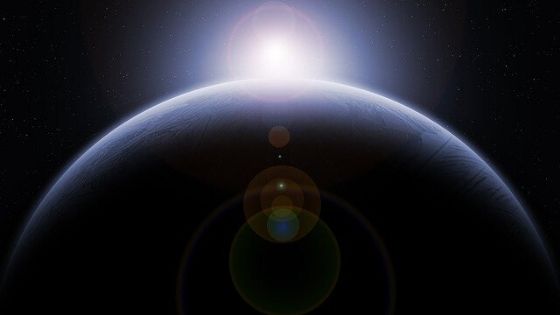Undeniably, everyone knows that the Solar System has eight planets (or nine if we still consider Pluto as a planet): Mercury, Venus, Earth, Mars, Jupiter, Saturn, Uranus and Neptune, all interacting in some way. Each maintains an orbit around the sun and some have satellites around themselves. The cohesion between all these stars helps in the flourishing of life on earth. But what would happen if a planet disappeared?
What would be the effects of the disappearance of a planet in the solar system?
In order to hypothesize what would happen if a planet in the Solar System were to disappear, it is necessary to take into account some aspects that will be explained below.
Gravity and its effects on the planets
So far, gravity is understood as a force applied by any object that has mass, the force by which one object draws others toward it. The larger the mass of a given object, the greater its strength.
In addition, the distance between objects also influences the determination of the impact of gravitational force. Thus, the greater the distance between two objects, the weaker the gravitational force between them.
Newton’s Law of Universal Gravitation
The gravitational constant G is a fundamental measure of Newton’s law of universal gravitation.

Solar system. Source: Pixabay
Thus, it should be borne in mind that the planets have an absurdly large mass exceeding 10^23 kg. Moreover, it must also be remembered that the distance between them is millions of kilometers. So, yes, the planets do influence each other’s gravity, but in a very small amount.
However, the great driving force of gravity of the Solar System is precisely the Sun, which dictates the planetary orbits. So if the sun disappeared, then we would have complete chaos in the solar system.

